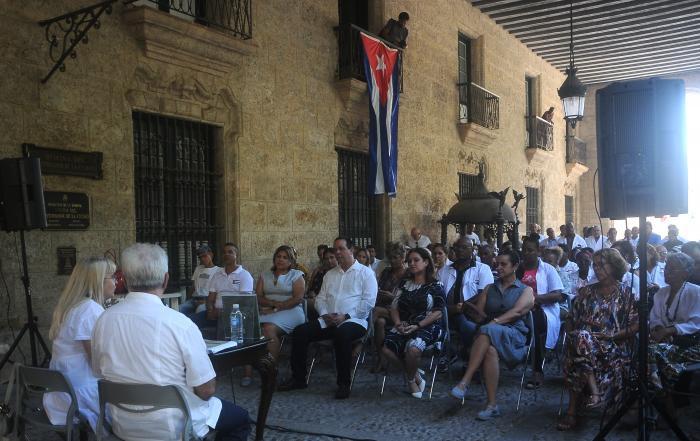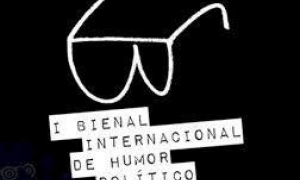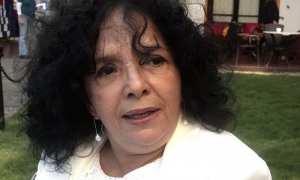
In order to make known the exploits that marked the life of this extraordinary mambi, born in New York on April 4, 1850 and died on August 4, 1876, in heroic circumstances -when he took his own life for not falling prisoner-, was conceived the book El brigadier Henry M. Reeve, símbolo de la virtud. Diario de operaciones del mambí estadounidense que luchó por la independencia de Cuba, with the Boloña publishing house seal and printed, as a result of solidarity, in the United States.
The title was presented yesterday at the Palace of the Captains General, before an audience made up of a representation of the Henry Reeve Medical Brigade, founded by Commander-in-Chief Fidel Castro Ruz. The event was attended by Marydé Fernández López, vice-chief of the Ideological Department of the Central Committee of the Communist Party of Cuba; Yuniasky Crespo Baquero, head of the Department of Attention to the Social Sector of the same body; and José Angel Portal Miranda, Minister of Public Health, among other personalities.
Magda Resik, member of the Central Committee and vice-president of Uneac, in charge of the presentation, together with René González Barrios, director of the Fidel Castro Ruz Center, considered the book -a dream of Dr. Eusebio Leal- as a symbolic gift for the internationalist contingent.
Reeve's diary remained in the historical archive of the Office of the Historian of the City of Havana until the conclusion of the meticulous study carried out by researcher Alexis Placencia Padrón, who was also in charge of the transcription of the document, Resik explained.
On his part, González Barrios, also author of one of the works that integrates the book, in an exquisite dissertation on Reeve's life, recalled, from the anecdote and the fact itself, the worth of a man who demonstrated from the first moment his human caliber in the struggle for Cuba's freedom.
"Brigadier Henry M. Reeve or El Inglesito, as his comrades-in-arms called him, deserved the highest praise from Cuban patriots," commented González Barrios. "For Ramón Roa he was "an unforgettable Anglo-Saxon Quixote". General Enrique Collazo remembered him as "a paragon of courage and admiration"; and Major General Vicente García as "a most worthy military man who, as orderly as he was brave, reminds us of the virtues of the worthy master General Agramonte"," he said.
In conclusion, he highlighted Fidel's genius in naming Henry M. Reeve the medical brigade destined to face the disasters that occur in the world, and recalled his immense confidence in Cuban doctors. He also had a thought for Eusebio Leal Spengler, "perhaps the Cuban historian who did the most to recover the memory of all those foreigners who fought for Cuba's Independence".






